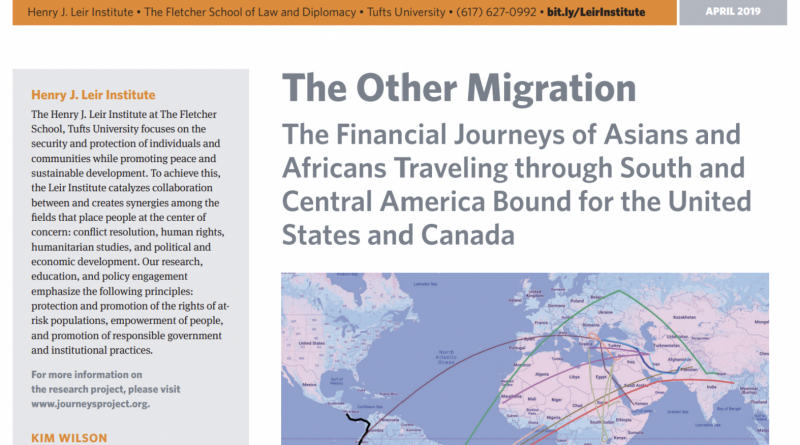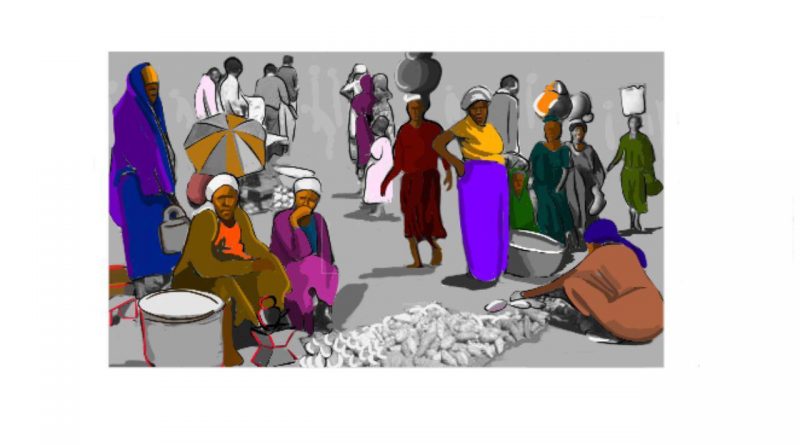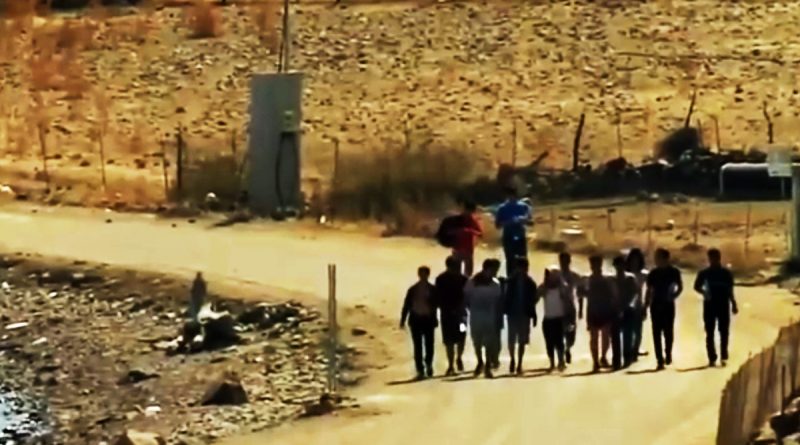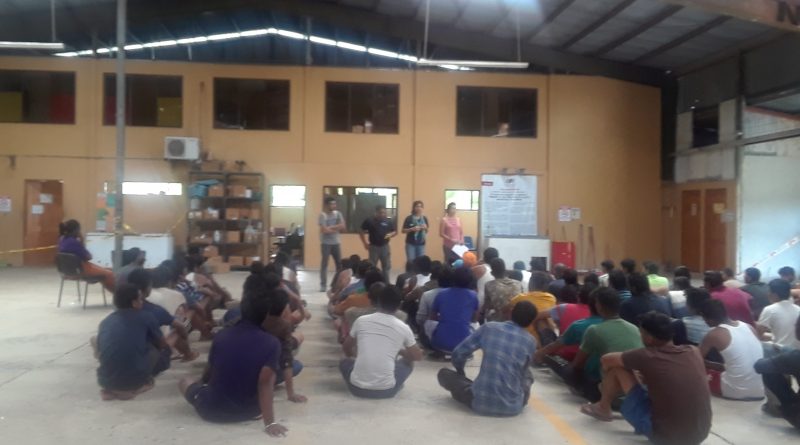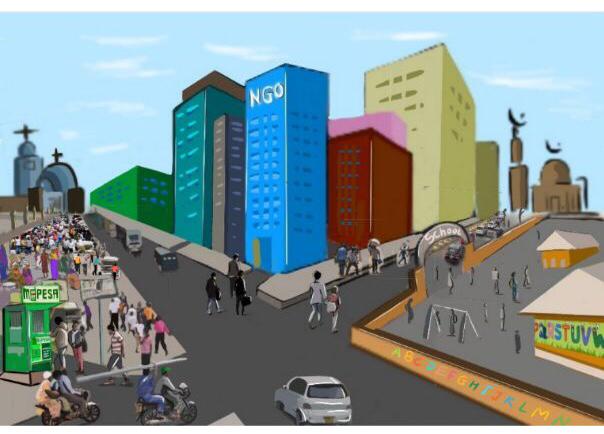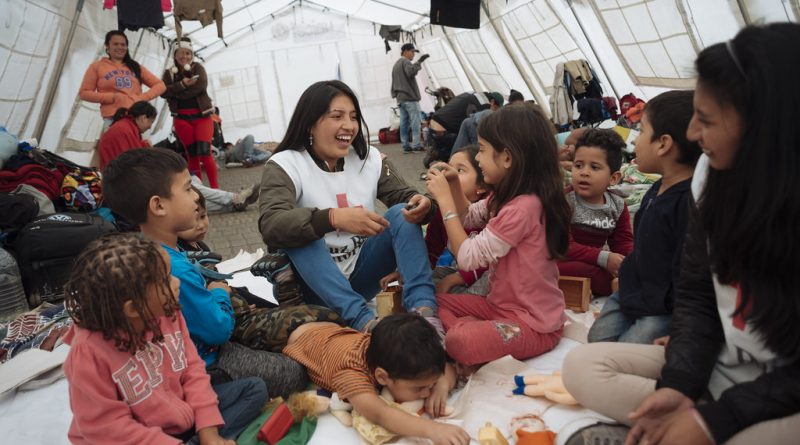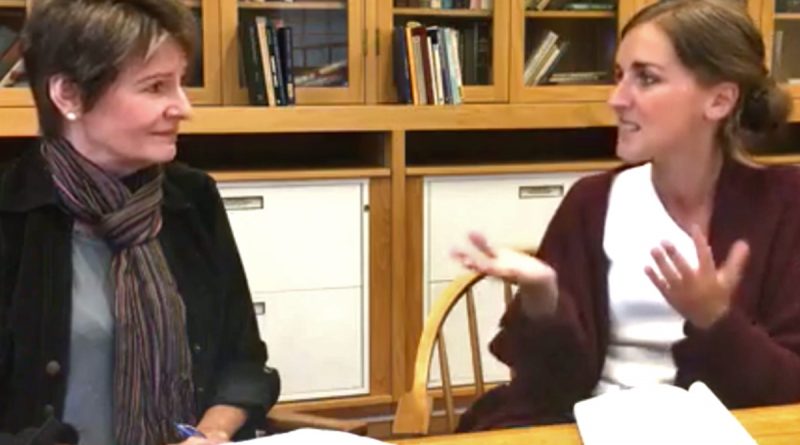You and I Are Not Friends: The Challenges of Ethnographic Study in the Migration Field
By Padmini Baruah, under the supervision of Kim Wilson. Transnational migration has been one of the most talked-about phenomena of the past decade. With prolonged armed conflict, economic crises, and climate change affecting different parts of the world adversely, it is not a surprise that an estimated 258 million people live in a country that is not the country of their birth.1 Much news has been generated on this subject, and multiple studies have focused on the macro aspects of this issue. However, equally vital is not losing sight of the fact that while broad patterns and theories can explain the macrophenomenon of transnational migration, each migrant’s story is ultimately a subjective and entirely personal lived experience. The powerful contribution of the individual narrative as well as of ethnographic observations to academic studies in this field cannot be overlooked.
Read More
